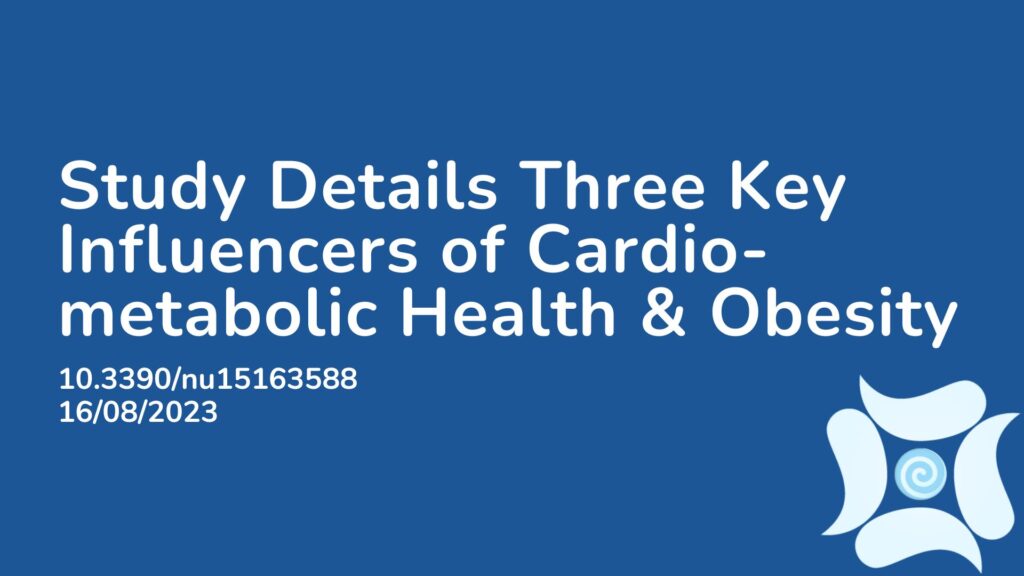Summary:
Lifestyle factors such as diet and exercise have an impact on both the prevention and treatment of obesity, however its exact pathogenesis is more complex. There are many underlying mechanisms that influence obesity such as the gut microbiota. The gut microbiota is involved in several functions that maintain energy balance, inflammation, and appetite. Genetics are also linked to obesity, as well as epigenetics, which is our ability to switch our genes on or off depending on our lifestyle. The purpose of this paper was to evaluate associations between the gut microbiota, genetics and diet prior to and during a weight loss intervention such as intermittent fasting or calorie restriction. The authors were looking at whether these two popular diets changed the composition of the gut microbiome and how genes are expressed, and whether these changes then impacted the outcome of obesity. At the 3 month mark, most of the individuals included in the study had lost a significant amount of weight, had greatly improved their diet quality and were showing more positive cardiometabolic health outcomes. The results also showed several associations between the gut microbiome and gene activity influenced by the diets, providing evidence that gut microbiota composition correlates with epigenetic markers and can continue on to influence health outcomes such as risk of obesity and other cardiometabolic complications.
Abstract:
Obesity has been linked to the gut microbiome, epigenome, and diet, yet these factors have not been studied together during obesity treatment. Our objective was to evaluate associations among gut microbiota (MB), DNA methylation (DNAme), and diet prior to and during a behavioral weight loss intervention. Adults (n = 47, age 40.9 ± 9.7 years, body mass index (BMI) 33.5 ± 4.5 kg/m2, 77% female) with data collected at baseline (BL) and 3 months (3 m) were included. Fecal MB was assessed via 16S sequencing and whole blood DNAme via the Infinium EPIC array. Food group and nutrient intakes and Healthy Eating Index (HEI) scores were calculated from 7-day diet records. Linear models were used to test for the effect of taxa relative abundance on DNAme and diet cross-sectionally at each time point, adjusting for confounders and a false discovery rate of 5%. Mean weight loss was 6.2 ± 3.9% at 3 m. At BL, one MB taxon, Ruminiclostridium, was associated with DNAme of the genes COL20A1 (r = 0.651, p = 0.029), COL18A1 (r = 0.578, p = 0.044), and NT5E (r = 0.365, p = 0.043). At 3 m, there were 14 unique MB:DNAme associations, such as Akkermansia with DNAme of GUSB (r = −0.585, p = 0.003), CRYL1 (r = −0.419, p = 0.007), C9 (r = −0.439, p = 0.019), and GMDS (r = −0.559, p = 0.046). Among taxa associated with DNAme, no significant relationships were seen with dietary intakes of relevant nutrients, food groups, or HEI scores. Our findings indicate that microbes linked to mucin degradation, short-chain fatty acid production, and body weight are associated with DNAme of phenotypically relevant genes. These relationships offer an initial understanding of the possible routes by which alterations in gut MB may influence metabolism during weight loss.
Article Publication Date: 16/08/2023
DOI: 10.3390/nu15163588



